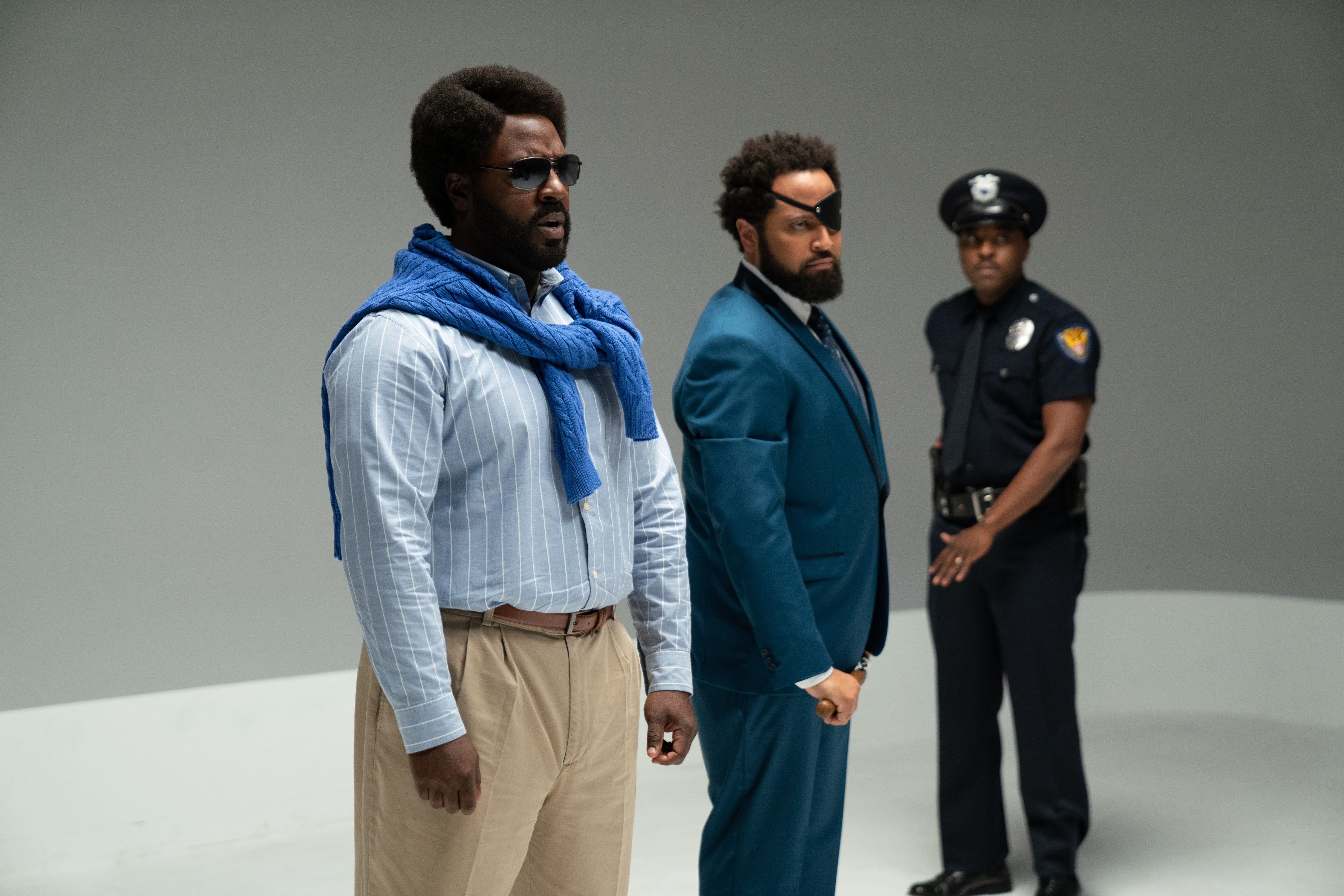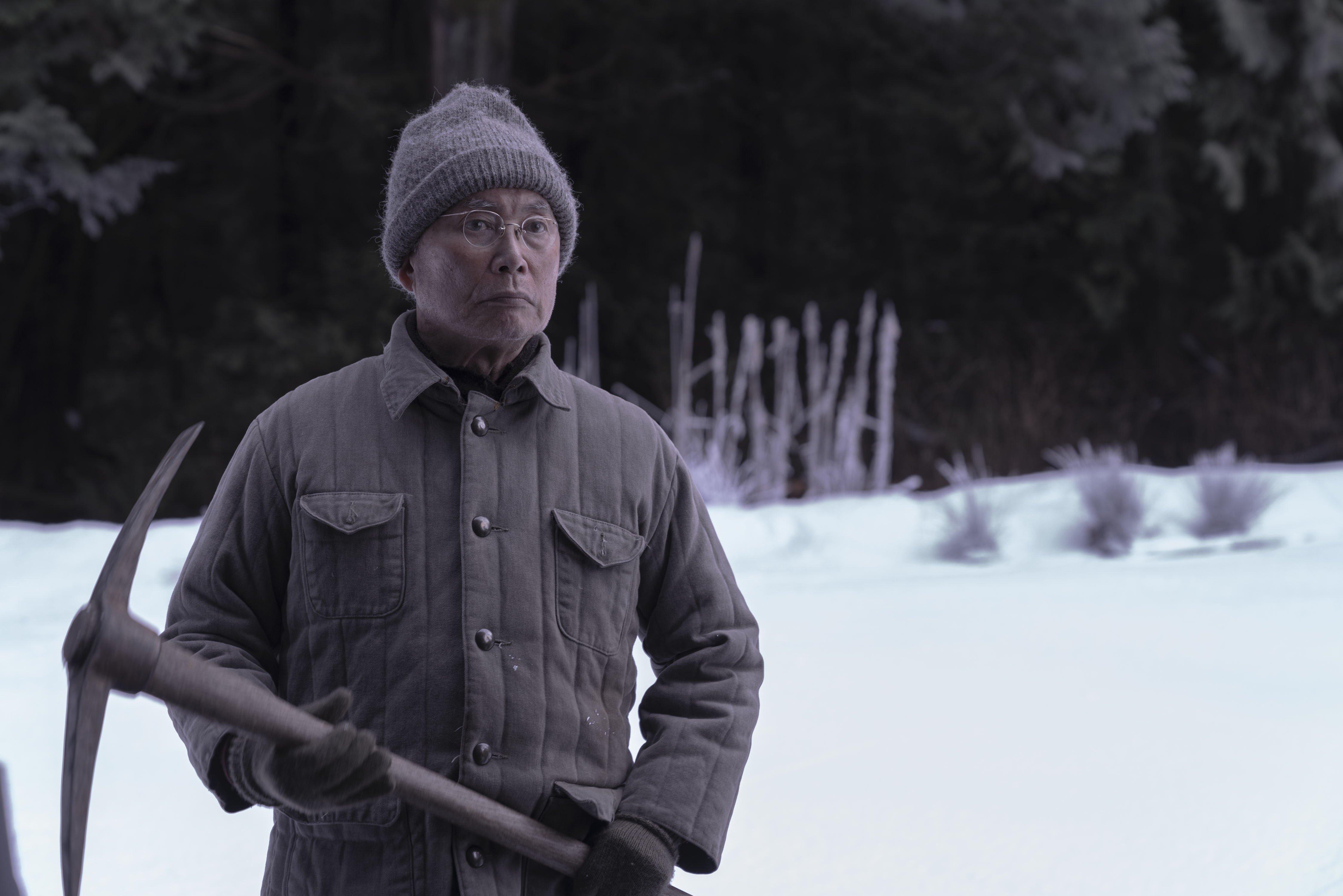Heady Days for TV’s Diverse Auteurs
The smarter way to stay on top of the multichannel video marketplace. Sign up below.
You are now subscribed
Your newsletter sign-up was successful
The fall TV season will see a continued influx of scripted shows featuring people of color in front of and behind the camera across traditional cable and streaming services.
New shows from such acclaimed producers as Ava DuVernay (OWN’s Cherish the Day), Will Packer (BET+’s Bigger), Tonya Saracho (Starz’s Bruhas) and Lena Waithe (Showtime’s How to Make Love to a Black Woman) will launch during the 2019-20 season, adding to an already unprecedented number of scripted series featuring minority producers and actors.
According to the 2019 UCLA Hollywood Diversity Report, members of minority groups comprised 11.2% of all cable scripted show creators and producers during the 2016-17 television season, up from the 7.4% registered during the 2011-12 season. While there is room for improvement, show creators say that the signs are encouraging.

Multichannel News posed questions in separate interviews to some key content creators, producers and actors of color to get their thoughts on the opportunities today to create and produce shows that revolve around people of color.
MCN: Given the multitude of distribution outlets and platforms, is this the best time during your career to be a creator of multicultural-themed content?
Diallo Riddle (co-creator, IFC sketch comedy Sherman’s Showcase; Comedy Central sitcom South Side): I think it’s a good time to be in this business, being a black creator. I know there are all types of people out there with scripts and finished projects that you can’t sell, and you’re hitting walls. I don’t want to seem naive, but I do think that we are in a better time than we were a couple of years ago in the sense that I don’t think these executives — who for the most part are still white — are trying to force us to abandon our vision for what they think is best.
Dee Harris-Lawrence (showrunner, OWN drama series David Makes Man): What is great right now is there’s so much opportunity. When I started you only had the broadcast networks, but today you can film your story on your phone and post it for all to see. It’s such a great time to be able to not have any hindrances keeping you from telling your story. As long as you have a story to tell, it’s a great time to be in the industry.
George Takei (consultant/actor, AMC horror drama series Terror: Infamy): I do think that it’s a wonderful time to be in the business and that we have the opportunity to tell a story on this scale and this depth of detail. There’s also a lot of competition now — before there were only three networks — now there are more distributors and a thousand different stories being told, so the competition is there, but so is the opportunity.
The smarter way to stay on top of the multichannel video marketplace. Sign up below.
MCN: Are cable networks allowing you the freedom to tell your story without editorial restrictions on language or casting?
Bashir Salahuddin (co-creator, Comedy Central’s South Side, IFC’s Sherman’s Showcase): As an artist you spend your whole career trying to get with people who trust you enough to secure and support your vision, and we’ve found that. We have the opportunity to come up with a lot of creative ideas and no one is telling us that we can’t do something.
Alexander Woo (co-creator, AMC’s Terror: Infamy): Not once was there ever any pushback about how we need to make this more accessible for the general viewer who might not be Japanese-American. The [dialogue] is often subtitled and most of the actors are Japanese-American, but I think we’re in an era now where broadcasters are willing to take greater risks because the rewards are being borne out.
Riddle: I think if you find the right place where they trust you and let you do the things you want to do you’re good. When we saw that invisible car pull off in that episode of Atlanta on FX, I was like [Atlanta creator Donald Glover] has a good relationship with them because we could not have pitched that in some of the places that we developed and not hit a deadly amount of pushback.

MCN: Will the industry continue to seek out new content that reflects the experiences and images of people of color?
Woo: When you have 500 different scripted shows, I think it’s incumbent for every broadcaster to have something that everyone doesn’t have one of already. Far from being a detriment to our show, the fact that we were so different was a strength, and I’m really glad that in this particular climate broadcasters are seeing difference as a strength.
Harris-Lawrence: I don’t have any concerns only because of how many channels we have, and it’s a different world due to social media. It’s also a different world with regards to the young people coming up — they are all unapologetic as to who they are, and they have a say and a vision that’s going global. It gets me excited to want to help as many young people be able to tell their stories and not allow it to go backwards; we’re flooding the gates.
Takei: I think [the distributors] will continue to want to tell our stories compellingly so that we can grab the audiences that want to see it.
R. Thomas Umstead serves as senior content producer, programming for Multichannel News, Broadcasting + Cable and Next TV. During his more than 30-year career as a print and online journalist, Umstead has written articles on a variety of subjects ranging from TV technology, marketing and sports production to content distribution and development. He has provided expert commentary on television issues and trends for such TV, print, radio and streaming outlets as Fox News, CNBC, the Today show, USA Today, The New York Times and National Public Radio. Umstead has also filmed, produced and edited more than 100 original video interviews, profiles and news reports featuring key cable television executives as well as entertainers and celebrity personalities.

